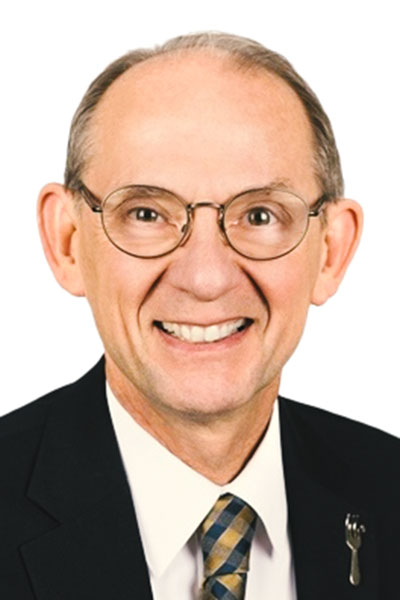The fifth annual Global Rheumatology Summit opens on Friday, October 24, ahead of the official ACR Convergence 2025 kickoff. The all-day, online-only event will feature six consecutive sessions examining a range of themes, from the economic impact of disease management to an analysis of the therapeutic properties of thunder god vine (Tripterygium wilfordii).

ACR Global Engagement Committee Chair Eric Matteson, MD, described the purpose of the summit as “advancing rheumatological education and training by actively sharing practices from across the world and learning from one another.”
This year’s summit will open with a Keynote Address from Sabine Grimm, PhD, MSc, an expert in economic evaluation of health technologies and economic modeling in healthcare. Dr. Grimm, Senior Researcher at Maastricht University Medical Center in the Netherlands, will discuss several models for analyzing cost and cost-effectiveness of healthcare technologies and medications, and how these models and results can be applied to influence policy making in different resource settings.
The first full session, Partners in Care: Empowering Patients and the Public in Rheumatology, will gather scholars based in the Netherlands, New Zealand, and the United States to share experiences with patient-centered care models, patient engagement strategies, and patient participation in shaping public policy.
Dr. Matteson, Professor of Medicine and Chair Emeritus of the Division of Rheumatology at the Mayo Clinic, noted that patient advocacy culture can vary greatly between nations, but that a discussion of successes and failures in one country can provide insight into universal approaches, such as effective ways to formulate a position or to identify core audiences and coalition partners.
The summit’s third session, Global Researcher Spotlight: Management of Multi-System Inflammatory Disease, will include a detailed consideration of Still’s disease from Peter A. Nigrovic, MD, Director of the Center for Adults with Pediatric Rheumatic Illness and Professor of Pediatrics, Harvard Medical School.
After Dr. Nigrovic’s introduction to this relatively rare — particularly among children — and potentially catastrophic disease, three rheumatologists will present challenging case studies during Global Meet the Experts: Multisystem Inflammatory Syndrome in Children. Dr. Matteson said that while the case studies will arrive with identified diagnoses, each contains some mysteries or complications that might be better understood through collective analysis via the session’s panel discussions.
Traditional Medicine Management of Rheumatic Diseases made its way into the program through the recommendations and requests of several international ACR members. Dr. Matteson described the presentations in this session as intriguing science-based overviews of the clinical and biological effects of several natural medications, such as thunder god vine, which is native to East Asia, and plants used by indigenous communities of Latin America or in traditional holistic Ayurvedic practice.
The summit’s final session, Approaches to the Development of Disease Management Guidelines: An International Perspective (LARS Session), will examine differences and similarities among various international rheumatology association guidelines for specific diseases such as Takayasu arteritis. The session will also consider how cultural conditions, economic factors, and health system structures affect standards of care.
Dr. Matteson said that placing a disease and the guidelines around it in the context of a particular landscape allows clinicians to better understand their assumptions and practices in diagnosing and treating patients.
“Part of how we can advance our field is to step back and challenge our own beliefs,” he noted.
Dr. Matteson described his involvement with the Global Summit and his collaboration with colleagues from across the globe as one of the most gratifying experiences of his career.
“It is inspiring to see the passion that young professionals have for rheumatology and how senior members from across the globe volunteer their time because they believe in this mission of sharing resources and knowledge by learning from each other across the globe,” Dr. Matteson said.
Don’t Miss a Session

If you weren’t able to make it to a live session during ACR Convergence 2025 — or you want to revisit a session from the annual meeting — make plans to watch the replay. All registered participants receive on-demand access to scientific sessions after the meeting through October 31, 2026.
